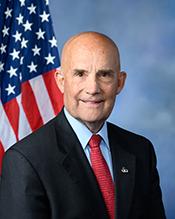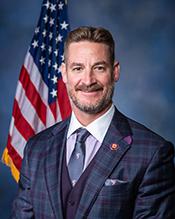0
Stop Human Trafficking of Unaccompanied Migrant Children Act of 2023
1/22/2024, 10:30 PM
Congressional Summary of HR 5018
Stop Human Trafficking of Unaccompanied Migrant Children Act of 2023
This bill imposes additional requirements relating to placing unaccompanied alien children with sponsors. (Under federal law, an unaccompanied alien child is a minor with no lawful immigration status and no parent or legal guardian in the United States to provide care and physical custody.)
Before the Department of Health and Human Services (HHS) may release such a child to a sponsor, the sponsor must complete a fingerprint background check and vetting that includes (1) a public records check, (2) a National Sex Offender Registry check, (3) a Federal Bureau of Investigation National Criminal History Check, (4) a child abuse and neglect check, and (5) state and local criminal history checks. Each adult in the sponsor's household must also undergo such vetting before the placement.
Currently, the Office of Refugee Resettlement (ORR) within HHS conducts background checks of potential sponsors, which includes fingerprinting and checks of criminal public records and sex offender registries. ORR also vets adults in the sponsor's household in certain cases, such as if the sponsor is unrelated to the child, but this vetting may be waived or relaxed.
The bill also requires HHS to visit the home of a proposed sponsor before the placement and to conduct periodic home visits after.
A child may not be placed with a sponsor who is unlawfully present in the United States unless the sponsor is the child's parent, relative, or legal guardian.
HHS must retroactively apply these vetting standards to all sponsors for placements made since January 20, 2021.





